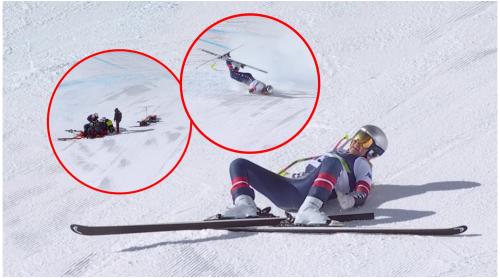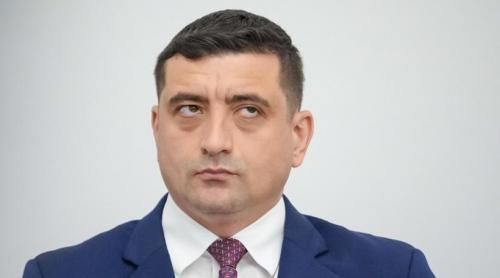
The former director of the SIE and Presidential Administration Chief, General Ioan Talpeş, said during the show of Andrei Creţulescu on Realitatea TV that he has to pay some dues to former head of SRI, Virgil Măgureanu.
The former director of the SIE and Presidential Administration Chief, General Ioan Talpeş, said during the show of Andrei Creţulescu on Realitatea TV that he has to pay some dues to former head of SRI, Virgil Măgureanu. The adversity between the two heads full of after-the-Revolution secrets was notorious in the era in which the two were leading the information services in Romania. But, last week, we heard that the subordinates of Virgil Măgureanu caught the father in law at that time of Ioan Talpes mediating an inappropriate relationship with “a group of clearly east dependency”. That means Russian spies. SRI Officers photographed the father in law of Ioan Talpes, General Constantin Silinescu, and evidence was submitted to the President of Romania.
However, the disclosures of Ioan Talpeş have not stopped there. If Virgil Măgureanu said that Moscow officials who have acted in Romania until December 1989 were neutralized, John Talpeş gave another perspective on things and gave us the key to many of Romania’s transition enigmas. Therefore, the former head of SIE said that Moscow officials were "in part" neutralized and many of them have been taken over by Western services. Very probably, under the same coordinates, the valuable agents of the Security have been taken over by the occidentals.
Thus, a former head of an information service leaves little to see beyond the curtain of secrets, where there is an indescribable negotiation for controlling the agents, just like in a market. The basic principle of the information services is to always control the spy in his network, because that agent could get immediately in the care of other services. It is clear that an agent who worked for the USSR didn’t surrender voluntarily to the Western services. Even if they did so, they would have been in the hands of the occidental services. Even if they were forced to, they crossed the bridge of ideology to remain on the top. Because the secret agents that are really powerful are the ones that can influence the political decisions in the country in which they “work”.
Taking into consideration the words of Ioan Talpeş one can only wonder who leads us for real. If, say, a large Western dignitary calls one of ours and says to him to give the building of the reactor no. 5 of the Cernavoda Nuclear Plant to the firm in his country, how will he react? No one can blame the information services for trying to get to the top of Romania by any means according to the presented case. One cannot blame the Russians, nor the Americans, nor the English or French or German services or any other information service for reaching to their financial, military, economical or cultural goals. The espionage services have no moral judgment and don’t base their actions on feelings. They are just like the corporations, results-and-profit-oriented.
Overall, it appears that, in Romania, the advices of certain politicians and of certain self-called leaders of the civil society for change, for the new capitalist man were like candles in the wind.
A former agent of Moscow, who probably occupied some very important positions in the past, will never want to go through the Security archives. After all, this is the result of the blackmail exercised by the Western services on him. Nowadays, people blame only the small former agents of the Security, because the big fish are hard to get, but, in the meanwhile, former first class agents of Moscow are as clean as a teardrop. In this way we can explain how the important negotiations for Romania, like the privatization of the steel plants, of petroleum and energy companies, and many other have been finalized over the head of dignitaries that only followed the orders of the new or old masters.
The message sent to the Romanians is that the bad weather coat can only come from a great power and that dignity and integrity are only for those who dream, and treason opens the gate to power and wealth, regardless of the regime. All this, one can deduct from the disclosure of Ioan Talpeş saying that this is how things are interpreted today: to be a spy for the West is a good thing. 20-30 years ago, during communism, a Russian spy was good, that even the secret anti-KGB unit could not do anything about it. Time goes by, but the characters and their blackmailed, bought or rented children are still the same!
Citește pe Antena3.ro

















